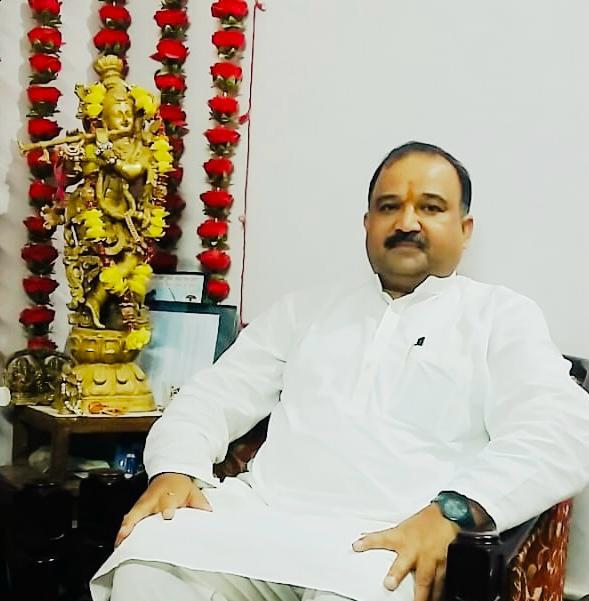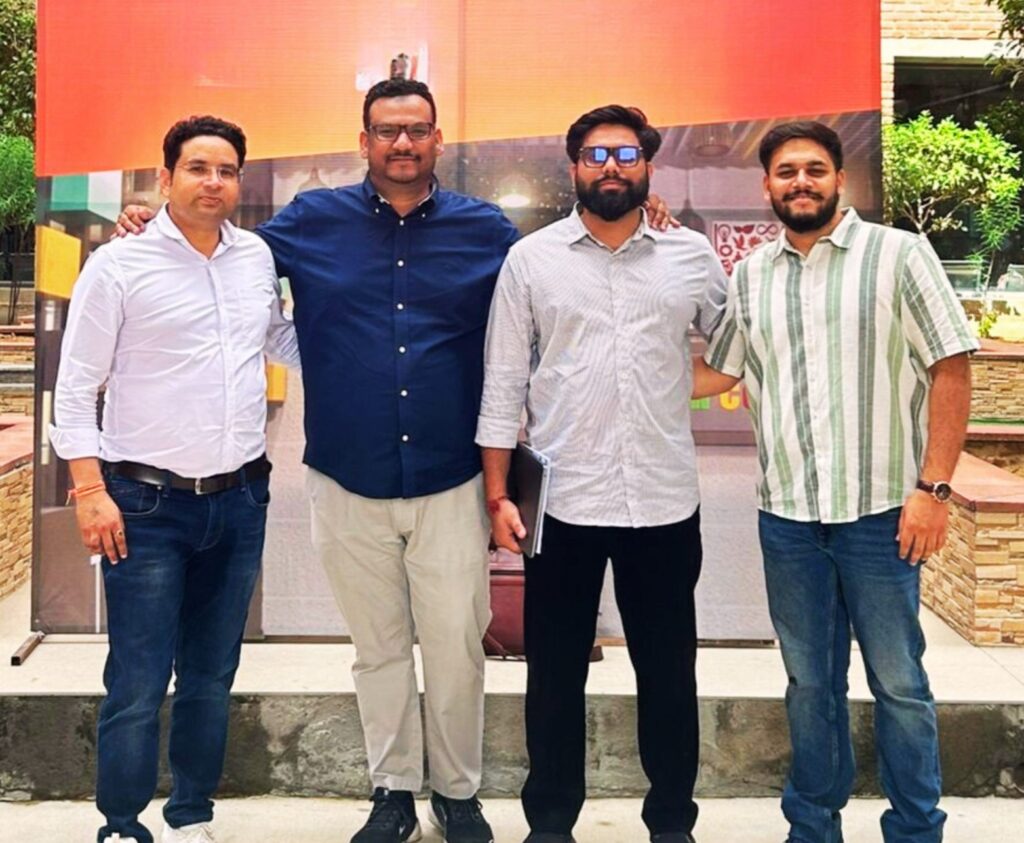To be a Uttarakhandi today is to live between beauty and burden — with snow-capped views and broken dreams. It is to wake up to the serenity of the mountains while carrying the weight of a question: Will our children ever see these hills not as tourists, but as their home? The tragedy we face is not just migration. It is the slow, painful displacement from belonging.
Even when we leave the mountains, they never leave us. The dialect we are ashamed to speak in the cities still echoes within. The hymns of temple bells, the smell of pine trees, the spring water’s sweetness — all linger in memory, but rarely in reality. We carry our land like a scar that won’t fade.
There is a kind of silence in Uttarakhand that can’t be captured in words. It is not the silence that tourists cherish — not the stillness of mist-laden forests or the distant sound of temple conches. It is a hollow silence. The kind that settles after the last child leaves the village. The kind that fills homes lovingly built over generations but now left locked in abandonment.
Ask anyone who grew up in a remote hill village. They will tell you about barefoot races down pine-covered trails, about drinking icy water from natural springs, about star-lit nights and rooftop stories ,village fairs, school prayers echoing in valleys, of the smell of apricot trees in bloom. But those memories now exist only in fading photographs and aging minds.Slowly, the dream dimmed teachers left. Clinics shut down. Shops closed their shutters for the last time. The elders kept saying, “Wait — the government will come. The scheme will reach us.” But hopes grew older than the people waiting. One by one, families packed decades of dreams into suitcases and left — for Dehradun, Delhi, and other cities that held not promise, but escape.With every person who leaves, a piece of our culture leaves too. Garhwali and Kumaoni songs fade into silence. The dialects are no longer taught — not because they are forbidden, but because there is no one left to teach them. Who will sing jhoda at weddings when the singers now drive cabs in Haldwani and Dehradun ?
The temples once built by families over generations lie shut. Some people try. Some families have built small temples in cities, carrying a piece of Devbhoomi with them. But a temple in a colony cannot have the same feeling as a temple built on a forest slope surrounded by snow-capped peaks, where the voices of ancestors keep resonating. The loss of these cultural institutions leaves communities destitute, especially the youth. With no festivals, no rituals, no stories – what remains is a dangerous void. It is often filled with apathy or addiction. The crisis in Uttarakhand is no longer just about the economy or infrastructure. It is a cultural emergency. If we allow this to continue, Devbhoomi will have mountains, rivers and temples – but it will be a land with no living prayers. It will be a museum of sanctity, not a sanctuary.
The gods wait for offerings that will never come. Rituals are remembered, but rarely practiced. What remains is not tradition — only nostalgia what future does Uttarakhand offer its youth?Schools with no teachers. Colleges with no jobs at the end. Roads without safety. Fields without irrigation. There are a dozen hydropower projects, yet barely a drop of employment for locals. We — the people who fed the armies, taught in far-flung schools, and helped build this country — now feel like relics in our own home,And still, we endure. Being a Uttarakhandi today is not just sad — it is sacred. Like an ancient temple deep in the forest: broken, ignored, overgrown — but still standing. Still sacred. Still home.
The world may forget. The leaders may sleep. But we, the children of these mountains, remember. We always remember. And maybe one day, we will return. Because home is not just a place where you live. It is a place you carry inside you — and fight for — until it lives again.

Today, the silence in the hills is a map of misery. It shows us shuttered schools, abandoned villages, empty farms, and shrines with no caretakers. It shows us the ruins not of a natural disaster, but of systemic neglect. In this silence, the youth of Uttarakhand are leaving behind more than their villages — they are leaving behind their hope.
For years, this sacred land has been expected to survive without its life-blood: its people. It has been asked to endure floods, earthquakes, poverty, and apathy — but what it cannot survive is this slow, silent extinction youth of Uttarakhand are not broken.They are waiting.Caught between nostalgia and need. Between love for their roots and the lure of opportunity elsewhere. They do not seek charity. They are looking for a reason to stay.Give them that reason whether it’s in education that leads to employment or offer them governance that sees villages not as vote banks but as futures. Invest not just in tunnels and ropeways, but in teachers, artists, farmers, nurses — in the everyday heroes who hold the hills together.
Start with small steps:
Establish District Youth Planning Boards to give young people a say in development decisions.
Reserve panchayat seats for youth, especially for returnees, so they lead not from memory, but from experience.
Fund civil society audits that ensure transparency in roads, employment, and infrastructure projects.
Revive heritage with purpose — create a State Cultural Service where young people can work as curators, researchers, and tradition-keepers.
Empower village-level youth restoration teams to document oral histories, maintain temples, revive folk art, and organise local festivals as sources of both identity and income.
Make culture a career — not just nostalgia.
Migration is often accelerated by shame ..shame of “backward” homes, “useless” traditions, “dead” languages. To reverse migration, we must restore pride. Culture must become livelihood and leadership. Only then can we rebuild the mountains not just as destinations — but as homes.
Let us be clear: this is not a call to resist change. This is a call to shape it — with respect for what we are, and what we must become.
This editorial is not a policy note. It is a personal appeal — from someone who has watched their land empty out, who has walked through ghost villages, and who still believes that a different future is possible.Uttarakhand is not dying.It is waiting.
And its revival will not come from government files, but from the generation it once abandoned.We are still sacred.We are still home.And we will rise again — not as refugees of progress, but as its rightful architects.
Disclaimer:-The content reflects the author’s opinion. We aim to present diverse views and do not endorse any controversial stance.

